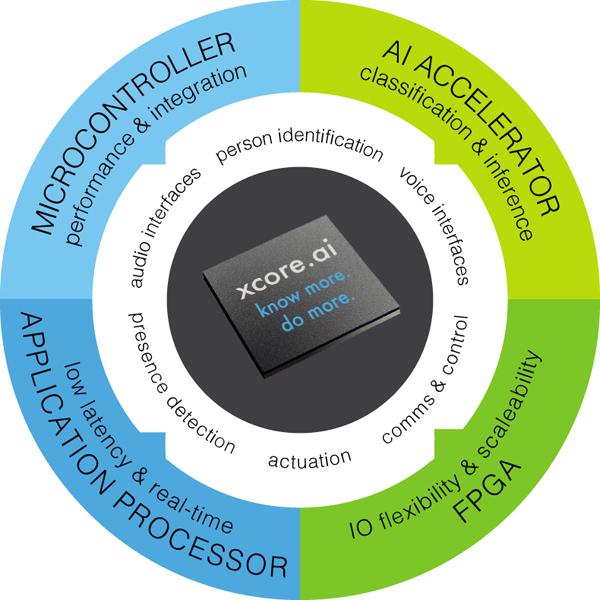Leading UK chip company XMOS has announced the launch of its Automatic Licence Plate Recognition (ALPR) reference solution, designed to drive ALPR in car parks from complex resource-intensive hardware to simple, device-based artificial intelligence (AI). AI) solutions, making it extremely easy for equipment manufacturers and system integrators to produce, install and integrate automatic license plate recognition systems.
This reference design was developed in cooperation with the algorithm team of Tongji University and a local solution company in China, and can achieve high-precision reading of low-speed moving license plates within a distance of 3-5 meters. Thanks to the powerful AI capabilities of XMOS' xcore.ai chip, lightweight machine learning models can already be seamlessly adapted to work in low-power, low-cost scenarios without compromising accuracy.
Traditionally, the hardware integrated in a parking lot using the ALPR function has far exceeded the specifications required for low-speed moving, close-range license plate recognition. High-resolution cameras, as well as complex machine learning models running on powerful processors that in many cases rely on the backend cloud for image processing, make ALPR extremely expensive to implement in many cases, requiring everything from chip to device Until the system is fully innovated, the procurement cost and the cost of use can be reduced.
Compared with traditional ALPR solutions, the XMOS reference design can provide the precision and computing power required for edge computing on the device side, thereby significantly reducing power consumption and reducing the bill of materials (BOM). By eliminating the need for high-cost hardware and virtually eliminating the need for cloud connectivity, this device becomes a viable component of the entire smart city ALPR infrastructure, easily deployable in all types of smart parking spaces, or embedded in smart campuses In applications such as smart cities and smart cities, the cost of use is greatly reduced.
"For smart parking, cloud connectivity and massive processing power are overkill," said Aneet Chopra, vice president of product, marketing and business development at XMOS. "This makes the ALPR network far more expensive than it actually needs to be, makes maintenance more complicated, and is riddled with privacy concerns inherent in the cloud."
"The reference design we developed eliminates these problems by simplifying the process. If you can implement the precision and computation you need on the device, you can avoid sending all the raw data to the cloud, or using overly expensive or powerful hardware. In the long run, this will help us drive ALPR's progress in the smart parking market."
"Easyness and affordability are two priorities in the ALPR field, not only to drive sales but also to encourage innovation," pointed out Professor Zhang Shaoming of Tongji University. "Making devices cheaper, simpler, and more reliable is important for smart cities, while scaling down machine learning models so they can run on mass-producible chips like xcore.ai, enabling developers to Provide funding and design flexibility to conduct experiments.ˇ±
Following a successful demonstration at the tinyML Summit in March, XMOS also demonstrated the solution at the Embedded Vision Summit on May 16-19 to a very positive response.
